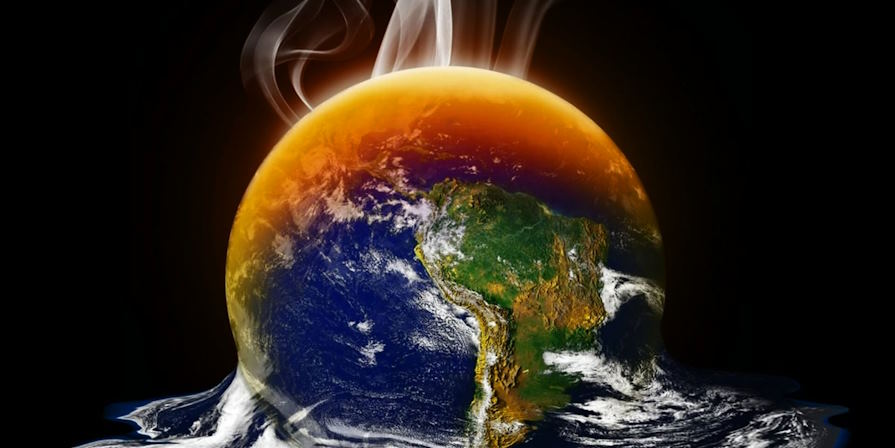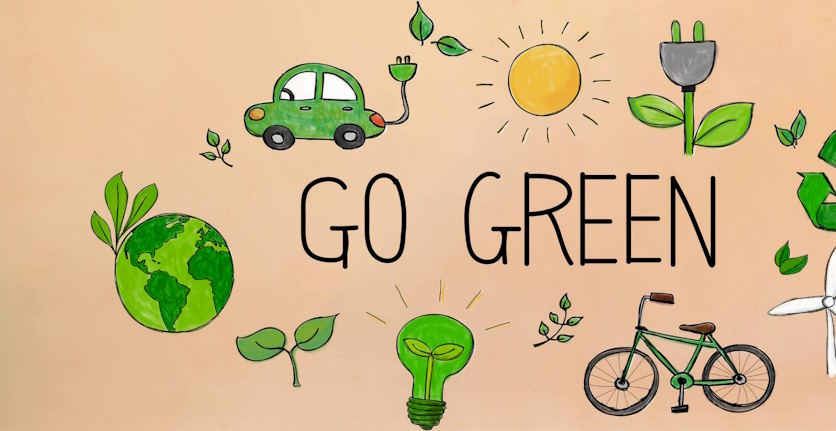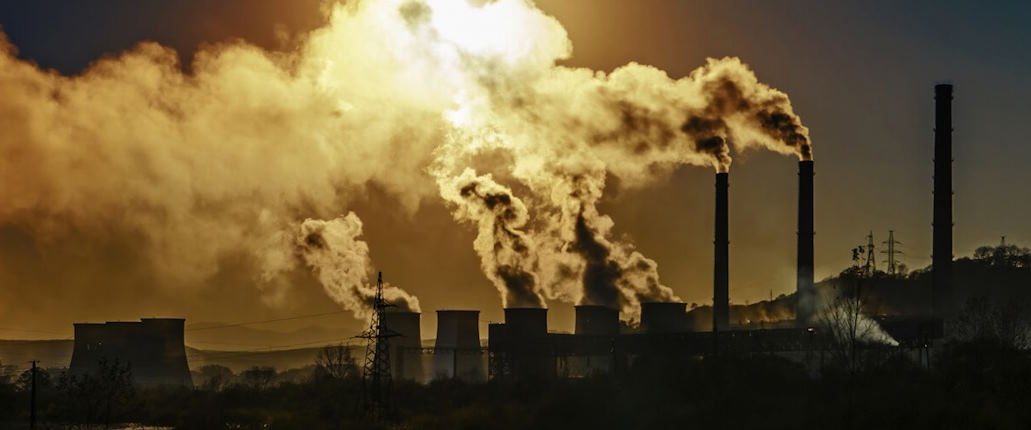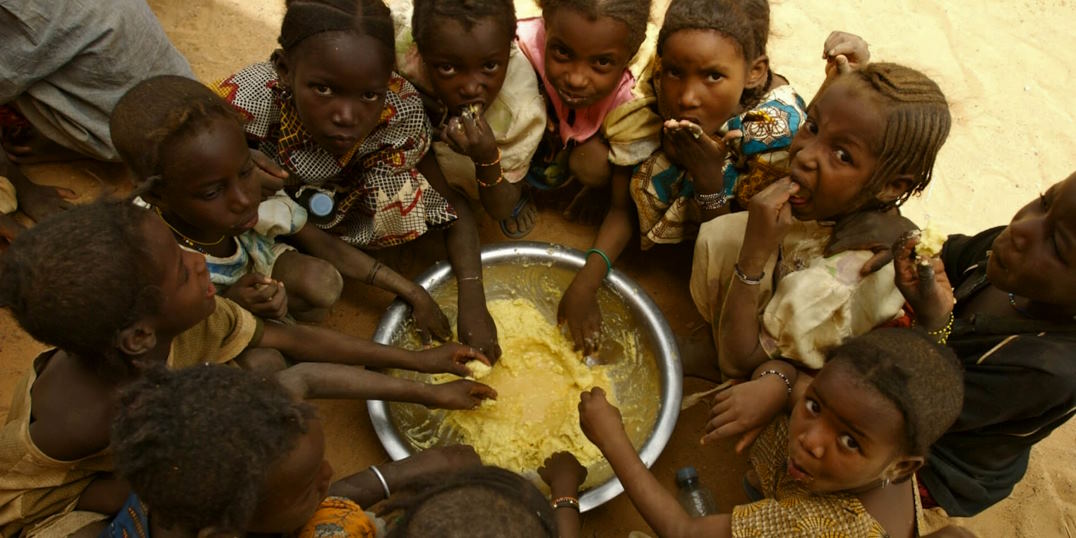This natural disaster has become a highly debated and contentious issue in recent years, sparking intense discussions about its existence, causes, and potential consequences. As temperatures rise and climate-related events become more frequent and severe, the question arises: Is global warming a real problem?
What is global warming, and what are its causes?
Global warming refers to the long-term increase in Earth’s average surface temperature, primarily caused by the buildup of greenhouse gasses in the atmosphere. These gasses, such as carbon dioxide (CO2), methane (CH4), and nitrous oxide (N2O), act like a blanket, trapping heat from the sun and preventing it from escaping back into space.
The main causes of global warming can be attributed to human activities, particularly burning fossil fuels (coal, oil, and natural gas) for energy production, transportation, and industrial processes. In addition, deforestation and land-use changes also contribute to global warming by reducing the Earth’s capacity to absorb CO2 emissions. These human-induced factors have significantly increased the concentrations of greenhouse gasses in the atmosphere, leading to the enhanced greenhouse effect and the subsequent rise in global temperatures.
Why is global warming dangerous?
Global warming poses significant dangers and risks to both the natural world and human society.
Rising temperatures
It leads to heat waves, extreme weather events, and prolonged periods of high temperatures, which can harm ecosystems, agriculture, and human health.
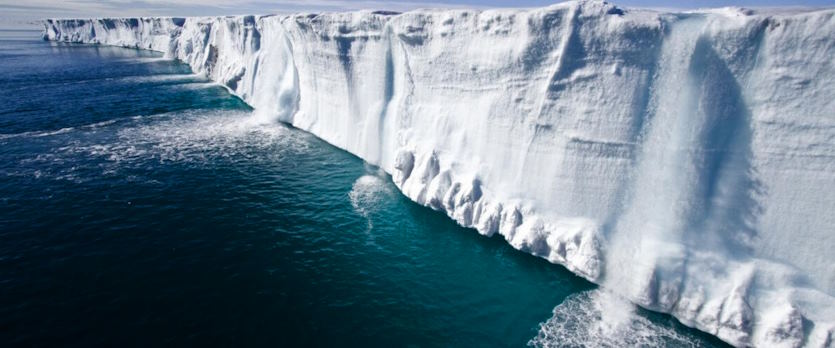
Melting ice caps and rising sea levels
Global warming accelerates the melting of glaciers and polar ice caps, contributing to rising sea levels. It puts coastal areas and low-lying islands at risk of flooding and erosion, displacing communities and endangering vital ecosystems.
Loss of biodiversity
Rising temperatures and changing habitats due to global warming threaten the survival of numerous plant and animal species. Ecosystems depend on a delicate balance, and disruptions caused by climate change can lead to the loss of biodiversity, disrupting food chains and ecological stability.
Negative impacts on human health
It contributes to the spread of diseases, including vector-borne diseases like malaria and dengue fever. Heat-related illnesses, increased air pollution from wildfires, and higher ozone levels can also harm human health.
Economic consequences
The economic impact of global warming is significant. Extreme weather events, crop failures, and damage to infrastructure can lead to substantial financial losses. Moreover, the costs of adapting to and mitigating the effects of global warming can strain economies worldwide.
How can you solve this problem?
To solve the problem of global warming, we need to transition to renewable energy sources, improve energy efficiency, promote sustainable transportation, conserve and restore forests, and adopt sustainable agriculture practices.
The good idea is to increase climate change education and awareness and foster international cooperation and policy measures.
These actions can reduce greenhouse gas emissions, protect ecosystems, and build a sustainable future for future generations.

